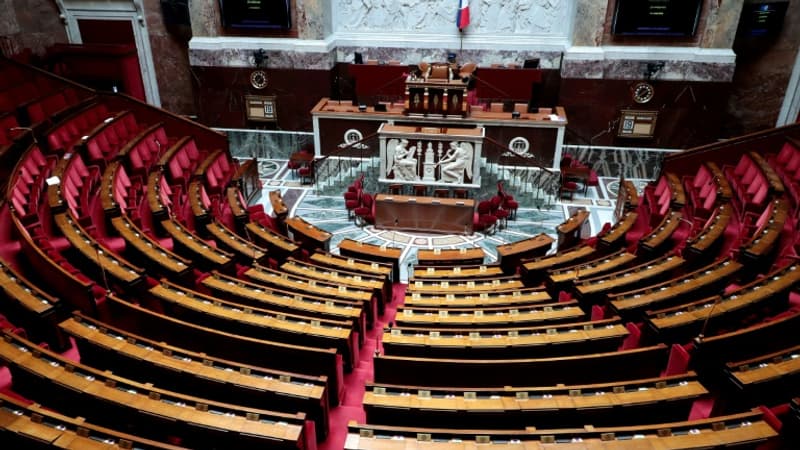This is a topic that has lit up social networks for several months. How to fight against fraudulent product placements from influencers? Shampoos with dubious compositions, dangerous diets for health or orders that never arrive: the cases of scams are now numerous and widespread, in particular by the rapper Booba.
The environmentalist deputy Aurélien Taché will present today in the National Assembly a bill to more strictly regulate the condition of influencer. The elected representative of Val d’Oise also wants to strengthen sanctions against environmental actors, influencers, but also agencies, such as that of Magali Berdah.
The legal status at the center of the debate
The deputy thus wishes to set a framework for the status of influencer. It remains to be seen who we qualify as an influencer. Because the word can refer to reality TV stars with millions of subscribers, just as it can to smaller content creators with a few thousand subscribers.
“The first article of the bill requires the government to define by decree a series of parameters to see who is an influencer or not. This will imply, in particular, the recurrence of the practice of product placement”, explains Aurélien Taché.
Drafting of the bill has been underway for several months. One of the other key aspects is, in particular, to define what legal status might define influencers. After the study, the different actors who contributed to the project agreed that the legal regime for artists was the closest to it.
Strict contracts and firm penalties
With this new bill, strict contracts would be established between brands, agencies and influencers. Mandatory written contracts to be in legal practice.
These contracts should allow consumers who have been defrauded to take legal action in the event of a dispute. “Contracts must contain a certain amount of mandatory information, such as the details of the product presented, with its composition, so that it is considered legal,” details the deputy from Nupes.
As for the sanctions, Aurélien Taché has not yet stopped at concrete measures: “This could range from the banishment of certain social networks to obviously economic sanctions, depending on the type of damage.” A prohibition that, however, is at the discretion of the platforms themselves.
Ads in theory already framed
Some laws already exist to regulate advertising on social networks. The Professional Advertising Regulatory Authority (ARPP) requires in particular that the mentions “Sponsored”, “Advertising” or “Association” be explicitly included in the story or publication. However, a measure that is not necessarily respected by all.
The penalties are quite harsh. “Whoever falsely states or gives the impression that he is not acting for commercial purposes or falsely presents himself as a consumer will be punished with a prison term of two years or more and a fine of 300,000 euros,” indicates the ARPP.
The authority also specifies that collaborations in certain sectors, such as “alcohol, financial products, health, gambling and automobiles” apply special legal rules.
But for the deputy from Nupes, there is still a legal vacuum, in particular on the duty of each one during the various damages and scams: “There is a hole in the racket in the chain of responsibility. The brands reject the blame on the influencers and vice versa. This way, consumers can’t turn around.”
Aurélien Taché also asks the State for more means to counter this scourge and regrets that the DGCCRF is not better equipped to fight scams on social networks. Also highlighted is the PHAROS platform, the official portal for reporting illegal content online. The site certainly allows you to report scam-related content, but it doesn’t have a dedicated category for influencer scams.
The bill, presented this afternoon in the National Assembly, should not be debated until early 2023. This still leaves some respite stories for influencers in the face of a possible call to order.
Source: BFM TV


